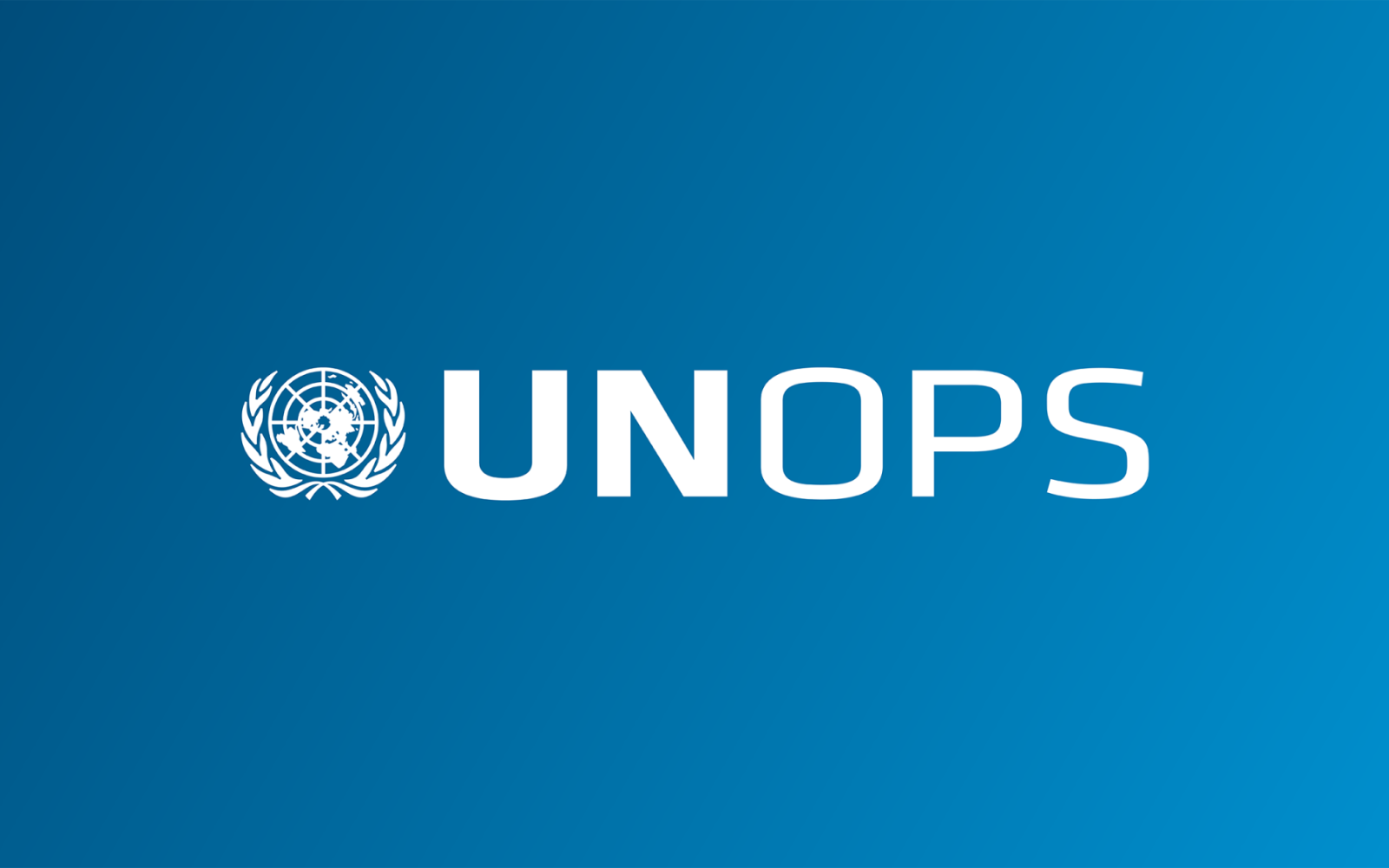The United Nations Office for Project Services (UNOPS)
New market means increased economic opportunities for one Somali town

In Somalia’s Puntland region, Bossaso’s local market provides a source of income for local traders. For women, however, the market is especially important.
After years of conflict, many households are reliant on money generated by women to survive. In some households, women contribute more than 70 percent to their families' income.
And the majority of women in Somalia earn money from informal sectors – including working in local markets.
Unfortunately for traders in Bossaso, selling their goods in the city's main market was no longer an option. In 2012, a fire severely damaged Bossaso Market – a place many women traders depended on for their livelihoods.
With funding from the Government of Japan, UNOPS oversaw the construction of a new market with improved facilities to support women entrepreneurs in Bossaso.
"We're grateful for the support of the Government of Japan and UNOPS, who worked closely with us to implement the project," said Engineer Yazin Mire, Bossaso's mayor. "Many businesses will benefit from this market, which will help several different communities, including Yemeni refugees and returnees who fled from the conflict in Yemen."
One day, I hope I will become a lender. So that I can give loans to Somali women who need help starting up small businesses to feed their families."
Women have a say in their future
Before the construction of the new Bossaso Market began, information was collected from female traders during an extensive consultation process. This allowed them to be actively involved in the design and planning of the new site, ensuring their needs were taken into account from the beginning.
In all, nearly 2,000 market traders, both male and female, participated in the data collection process. That data was used to define the scope of the construction of the new market.
An extensive community needs assessment was also conducted to encourage a sense of community ownership of the project, as well as to contribute to the long-term sustainability of the new market.
Training for the future

The new Bossaso Market will enable traders, particularly women, to become economically self-sufficient. In addition to the new market, local entrepreneurs also received training – carried out by the Japan Center for Conflict Prevention – aimed at teaching them new skills to help their businesses thrive. More than 200 traders – nearly 90 percent of them women – either received business skills training or business start-up kits.
"The Government of Japan is delighted with the success of this project, which contributed to stabilization of the region through the empowerment of women, in collaboration with the Japan Center for Conflict Prevention," said the Embassy of Japan. "The Government of Japan is confident that those who got vocational training will play an important role in leading the local economy and society."
Asiya Ali Farah owns a kiosk in Bossaso. She participated in a training session on microfinancing. "One day, I hope I will become a lender," Asiya said. "So that I can give loans to Somali women who need help starting up small businesses to feed their families."
"Microfinancing is not new in Somalia, but there are not many female traders with access to it yet," explained Japan Center for Conflict Prevention Secretary General Yukiko Ishii. "The training was intended to help participants access emerging, locally available microfinancing schemes to boost their small business."
The new skills learned as part of the training sessions will help market traders generate a higher income. This in turn can help increase economic development in the region – and encourage stability.
Project details
This project was implemented by UNOPS with funding from the Government of Japan, a longstanding UNOPS partner. The Government of Japan funds projects that focus on constructing and rehabilitating infrastructure in fragile environments, and providing humanitarian assistance throughout Africa, Asia and the Middle East.








